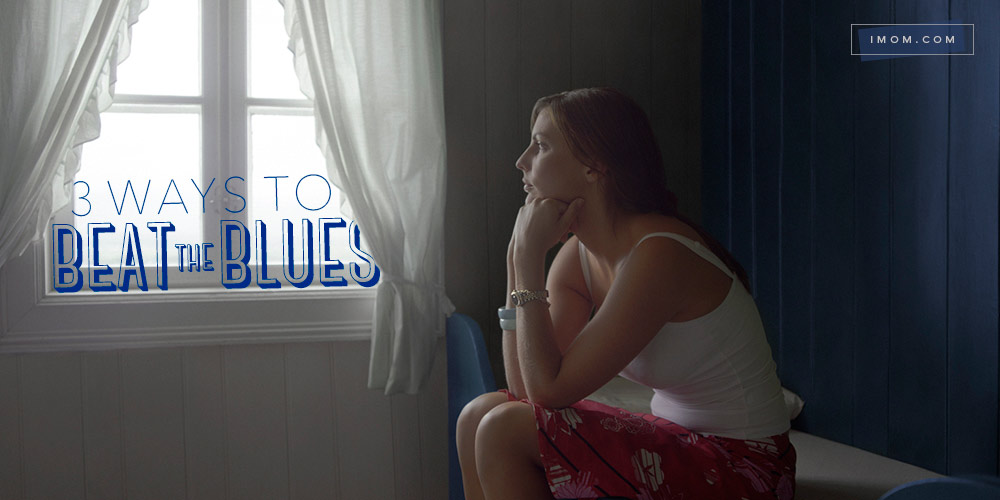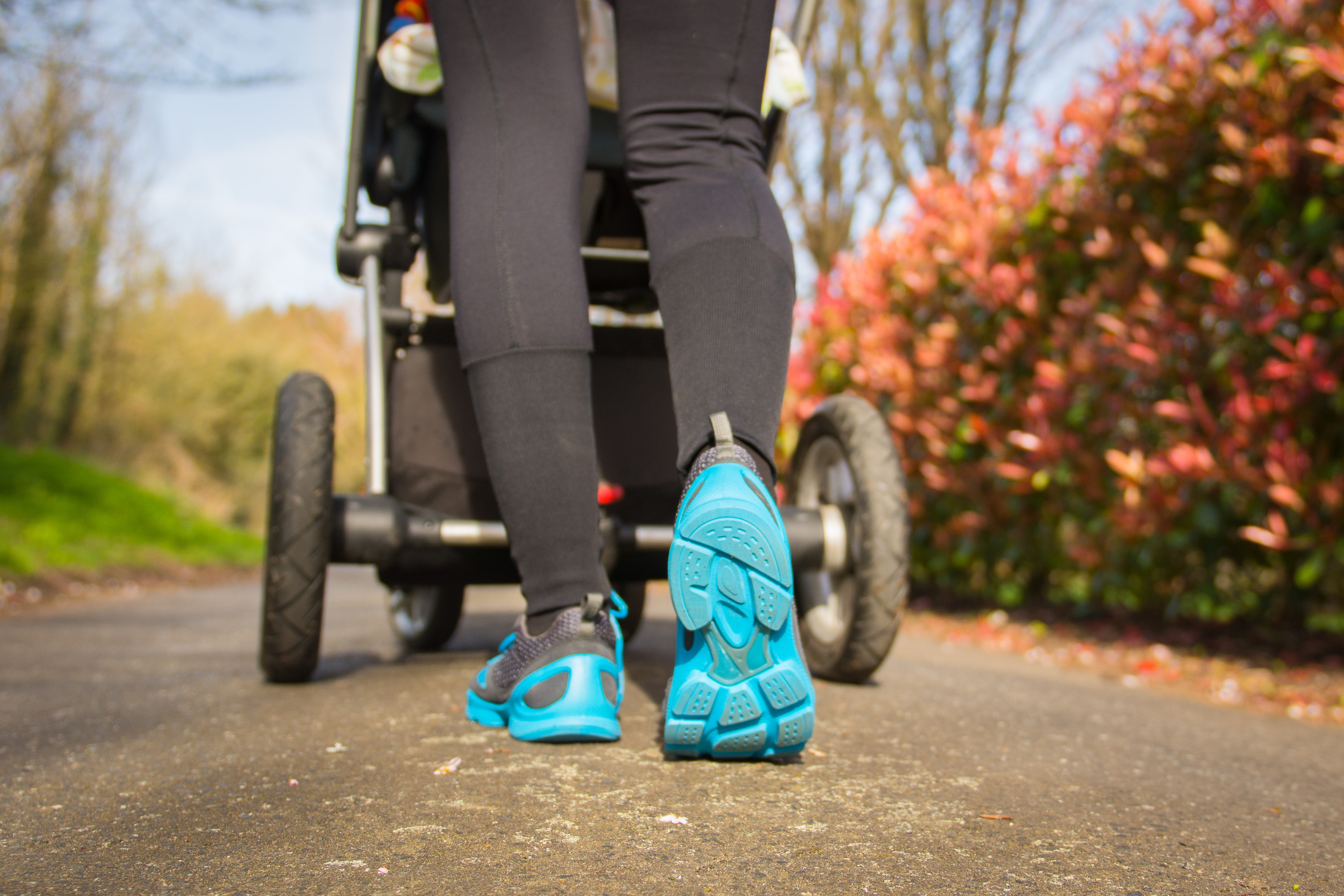When he said “I wonder if we can get the doctor to sign off on us leaving early,” I felt my tired body tense up. It’s not that I didn’t feel bad for my six-foot-four husband. The short couch in our room in the mother-and-baby ward couldn’t have been comfortable. I just wasn’t ready to go home. With a 1-year-old at home and a newborn in my arms, I felt the postpartum anxiety creeping up.
Despite not being ready to hop in the car, I admit I did feel more prepared this time because I knew what to look out for. It’s not as studied as postpartum depression, but at least one in five women experiences postpartum anxiety. Here’s what to look for to prevent it from robbing you of your joy in these precious days with your new baby.
What’s the difference between postpartum anxiety and postpartum depression?
In Women’s Health, Shelly Orlowsky, PsyD describes postpartum depression as “a loss of heart” and postpartum anxiety as “a loss of a normal sense of balance and calm.” The two are often grouped together, which can be confusing for a mom who feels off but doesn’t feel “depressed.” Many moms who experience postpartum depression also have symptoms of postpartum anxiety, but not all mothers suffering from anxiety are depressed.
Postpartum anxiety can fluctuate with hormonal changes, but stressors like a sick baby, work, relationships, and finances can also impact it. Mothers experiencing it rarely have thoughts of harming the baby.
What are signs of postpartum anxiety?
I recently opened my son’s baby box and found sheets of yellow legal pad paper with the time down the left margin. It recorded my son’s first months of life, divided into 30-minute increments. I documented everything to get him on a sleep schedule. I had an unhealthy obsession with sleep, and I remember thinking, “If I can do this right, he’ll sleep, and everything will be okay.”
One of the symptoms of postpartum anxiety is obsessive behavior. These unwanted thoughts lead to a controlling behavior that, at least in the short term, helps relieve stress. In hindsight, I see I was a textbook example.
Another symptom is the lack of the ability to relax. Moms with anxiety might feel like they are in a constant state of worry or agitation. They can get stuck asking “What if?” repeatedly. A friend was afraid to leave her daughter home alone with her husband, the baby’s father. She said she knew he was responsible but feared letting the baby out of her sight.
How can you manage it?
Remember to give lots of kisses to your newborn, sleep when you can (seriously, it helps), and get outside for a walk. A low-key winner for dealing with postpartum anxiety or depression is talking to a friend. I had a mild case of the blues, and I remember crying while telling my friend, “My husband keeps saying how cute the baby is, and I just don’t see it!” She looked at me, laughed a sympathetic laugh, and hugged me. It didn’t make the sadness disappear, but I knew she was saying, “Everything is going to be OK.” And eventually, it was.
If you’re like me, you tend to overreact to others’ ailments and underreact to your own. I’ve said “I’m sure I’m fine” more times than I can count. If you think you have postpartum anxiety or depression (it can be a combo of the two), talk to your doctor. There are therapies and medications available.
Have you dealt with postpartum anxiety? What were your symptoms, and what helped?










